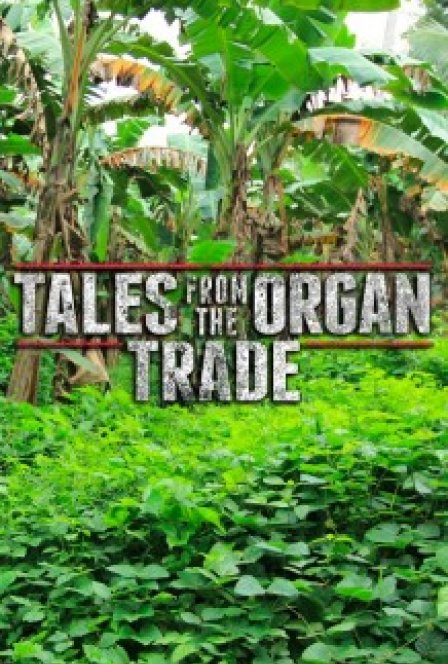On the list of grisly subjects, organ trade is near the top. There’s just something so unsettling about tampering with or disassembling the human body — to the point where some choose to retain possession of their organs even after they’re dead. It could be the reminder that when it gets down to it, our bodies are somewhat fragile, that despite our intellect, aspirations, and personhood, we’re still just flesh and blood animals. Or it could be that it’s just gross to think about. Either way, national and international regulations on providing and receiving organs present a tangible and polarizing question: Should people be able to sell their own body parts? Tales from the Organ Trade by Canadian filmmaker Ric Esther Bienstock attacks the problem from all angles, bringing together firsthand information from across the globe, tracking down rare and difficult interviews, and never shying away from diligence or dirty work.
One of the first concepts the film drives home is that this isn’t an exotic, far-off issue. While we’re quickly given the stark imagery of surgical scars, inflicted upon semi-impoverished Filipino kidney donors (though liver, lung, and cornea trafficking also exists, there is a focus here on kidneys), we soon shift to North America, where we meet a young Toronto woman, Mary Jo and an older Colorado man, Walter, both of whom are in desperate need of a transplant. The former lives a compromised life, forced to undergo the tedious and occasionally gruesome process of dialysis every other day, name buried on a waiting list somewhere. The latter is all but removed from even the possibility of a new organ, as stipulations in legal donor channels overwhelmingly favor younger recipients. This is not an issue confined to back alleys and third world countries; it’s global, ongoing, and could invade the life of almost anyone.
From here, we expand rapidly. The film leaps from country to country, subject to subject, eager to offer rebuttals to the last idea presented, and mimicking the multinational trajectory of the organs themselves. A man in Canada receives a kidney from Kosovo, operation performed by a doctor from Turkey with assistance by a surgeon from Israel, all of which is under investigation by the European Union. The scope of the project is legitimately massive, and nearly everyone we hear from is a primary source. A significant portion of the argument against organ trafficking is that it preys on the underprivileged, coercing them into decisions that they may not really want to make. So the filmmakers travel to the Phillipines and ask the donors themselves: why did you give up your kidney? The answers are a little puzzling and oddly unsatisfying, which begs the follow-up: what really suffices as a good enough reason? Everyone, at every step, makes the claim that at the end of the day it’s about saving a life. Does using money as an incentive really undo that? Even somebody lying about altruistic intent is still (pending surgery) saving a life. What’s more important than that? It’s a messy situation, likely without a black-and-white conclusion to reach (though the film does seem to be for reforming transplant regulations.)
It’s fitting that a piece that so deftly handles a grotesque topic, and in its own summary likens itself to science fiction, is narrated by David Cronenberg. Much like the work of that director, Tales from the Organ Trade is never shy about the ugliness of its content, and much like a great sci-fi entry, it never grows more elaborate than its ideas. It weaves a thought-provoking narrative from dark strands of a grim underground trade, leaving the audience with truly valuable insight and perspective.
Tales from the Organ Trade is playing this weekend in NYC as part of the Margaret Mead Film Festival.

